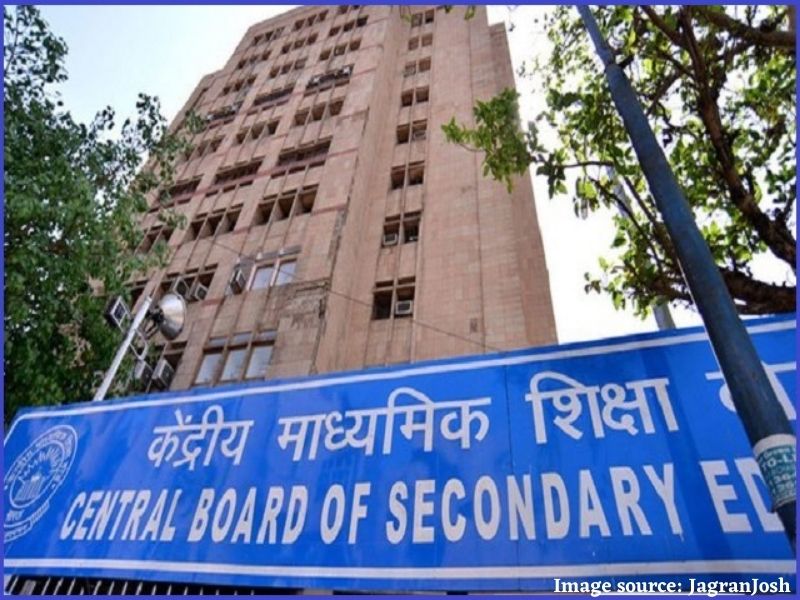The Central Board of Secondary Education (CBSE) has submitted the final evaluation criteria of Class 12 students to the Supreme Court. Council for the Indian School Certificate Examinations (CISCE) also submitted their evaluation criteria of Class 12 students to Supreme Court on Thursday.
Attorney General KK Venugopal on behalf of CBSE said that for CBSE Class 12 final results, an average would be made of the student’s performance of Class 12 pre-boards, Class 11 and 10 final examination marks.
“For classes 10 and 11, marks obtained in three best subjects out of five papers will be considered,” added Venugopal. He further added that for Class 10 and 11, 30 per cent weitage would be given and 40 percent weitage would be given to Class 12 marks.
“A Result committee will be there for each of the schools to rule out advantages to students in some schools, which traditionally give high marks to students,” added he. Venugopal further added there would be a Moderation committee to look into the difference in mechanism of marking adopted by schools to put students on an even platform.
CISCE will also base their marking scheme similar to CBSE on but the Council will take into consideration the past six years performance instead of three, as suggested by CBSE. CISCE result will be declared by July 20 and students who are unhappy with the result can appear for written exams. CBSE, however, also proposed a second option of holding class 12 board exams in a “controlled environment” to which the Supreme Court said that there is “no rolling back” of the decision to cancel the exams. For CBSE too, an option of sitting for the examination would be given to students who would be unhappy with the results after the situation stabilises, said Venugopal. The final decision is awaited in the next hearing.
Each school has to form a Result Committee that would consider the marks of the students in the three examinations which would later be veted by moderation committee of the CBSE. Historical performance of the school and the result of the concerned student obtained in past board examinations will be considered by the Moderation Committee.
Speaking on the matter, Damodar Prasad Goyal, president, Society for Unaided Private Schools of Rajasthan, said, ” Many students had passed their Class 10 examination from different schools with different subjects. There are also many students who migrated from Science to Commerce in Class11. How will this tabulation done when students might have different subjects in class 10 and 12? The CBSE has not considered these complications while framing the evaluation criteria. Also, historical performance of a school depends on teacher as well. The same teacher who taught two years ago might not be working there now. The teacher who is teaching now might not have taught here previously. These issues have not been addressed while formulating the final tabulation method. This scheme is neither intelligent nor wise. This is just an eye wash.”
Also Read: CBSE likely to adopt 30:30:40 formula for class XII results
